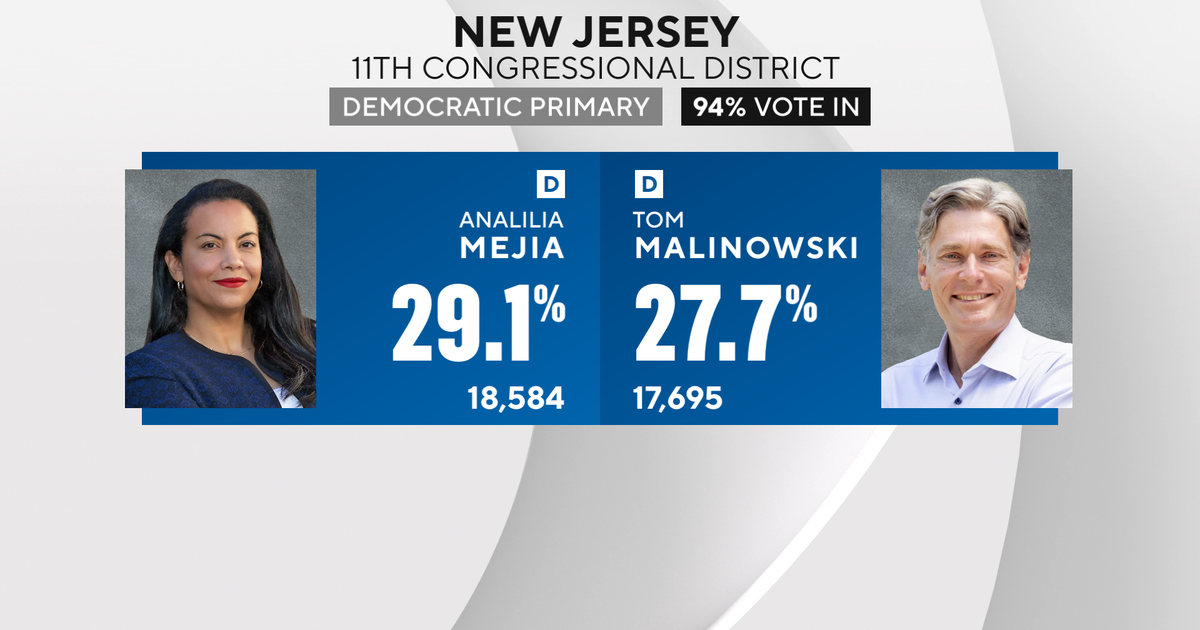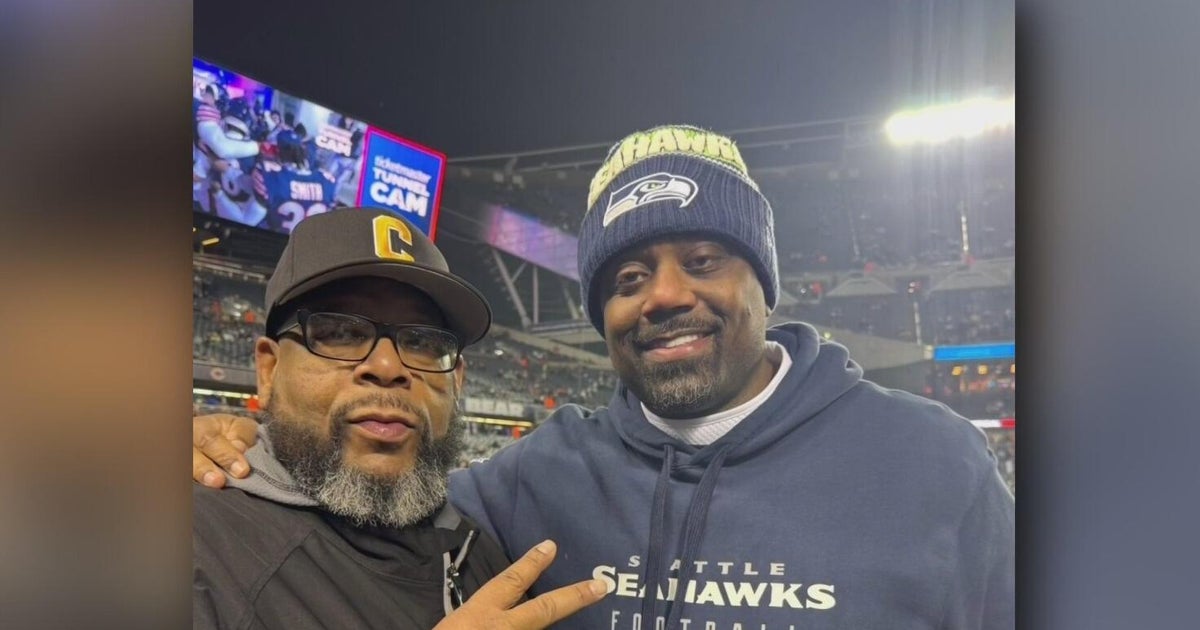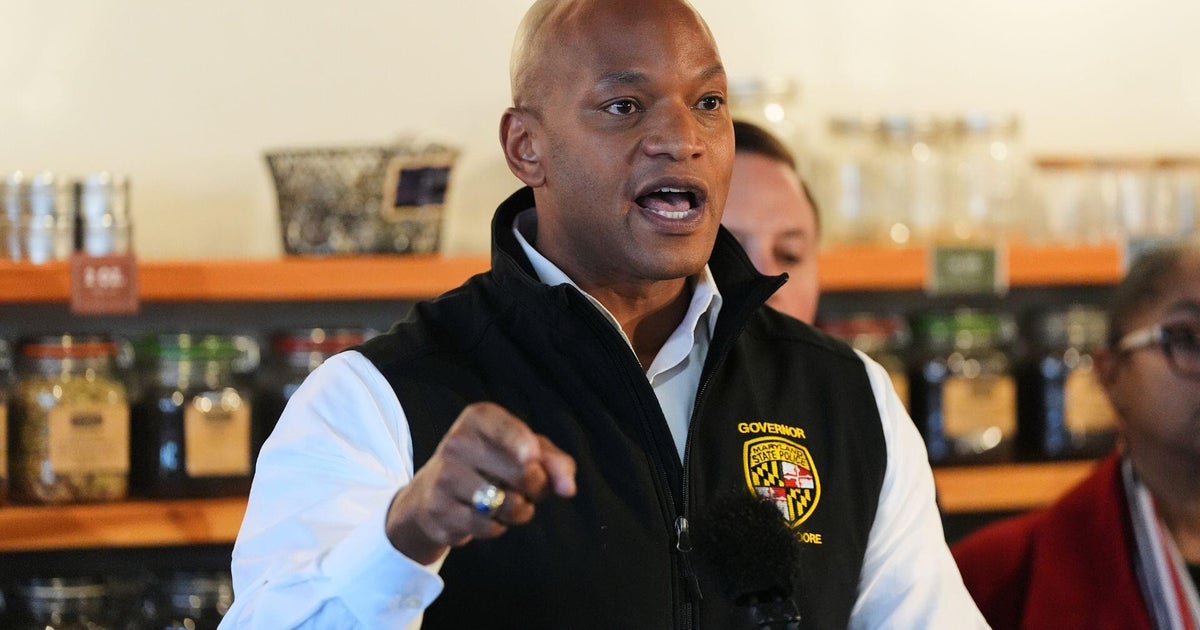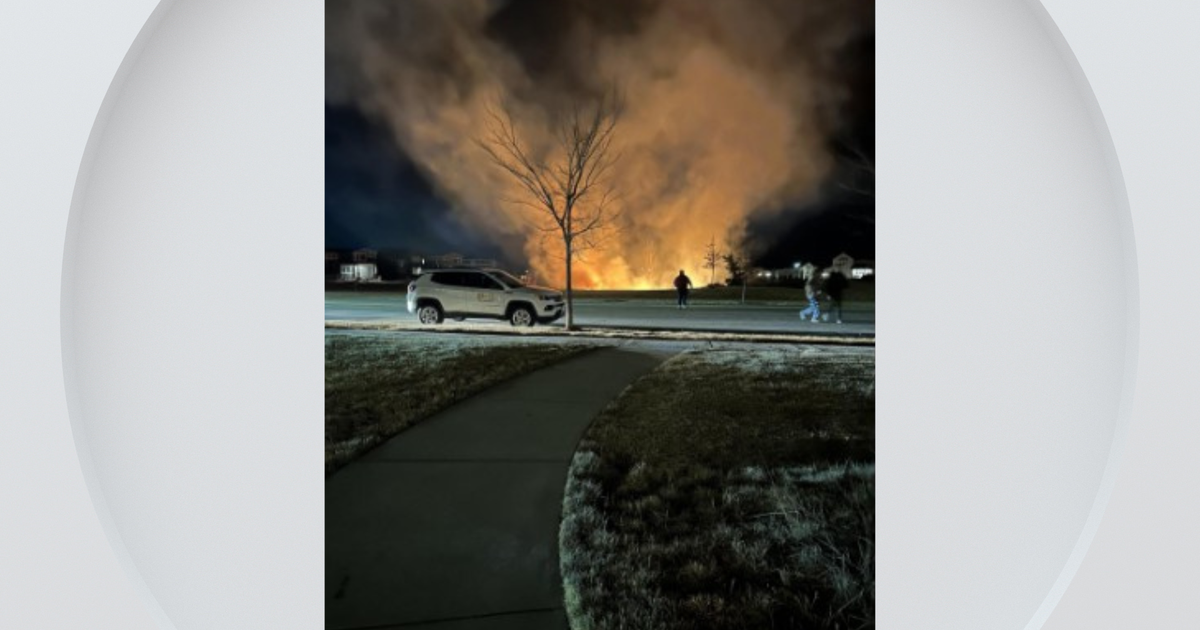Reality Check: Cary Kennedy Defends Negative Super PAC Ad
DENVER (CBS4) - Primary ballots go out this week in Colorado's race for governor.
Supporters for Democrat Cary Kennedy are going negative.
Despite promising to run a clean campaign, Kennedy is defending an attack ad by her super PAC.
Shaun Boyd gives the ad a Reality Check.
Click here to see all of CBS4 Political Specialist Shaun Boyd's Reality Check reports.
Boyd's sources for this Reality Check are as follows:
http://clerk.house.gov/evs/2016/roll179.xml
http://clerk.house.gov/evs/2015/roll419.xml
http://clerk.house.gov/evs/2011/roll204.xml
http://clerk.house.gov/evs/2011/roll344.xml
https://aclu-co.org/court-cases/colorado-congress-of-parents-teachers-and-students-v-owens/
https://www.denverpost.com/2010/04/21/education-bills-great-promise/
https://files.eric.ed.gov/fulltext/ED538833.pdf
SALAZAR CHAMPIONS NEW DIRECTION IN EDUCATION
Rocky Mountain News (Denver, CO) (Published as Rocky Mountain News (CO)) - March 9, 2003
- Author/Byline: Jared Polis
- Edition: Final
- Section: Opinion/Commentary/Editorial
- Page: 7E
In a Pulitzer Prize-winning book written nearly half a century ago, John F. Kennedy praised the act of placing principle above politics. His book, Profiles in Courage, told the story of individuals in public life who risked their careers by taking highly principled stands that were unpopular with their own political parties.
If one were to write a similar volume devoted to Colorado's political history, then our attorney general, Ken Salazar, would surely rate favorable inclusion. His message in favor of House Bill 1160, a modest voucher proposal now before the General Assembly - that the critical unmet needs of poor inner-city children must outweigh any political taboos - was clearly an act of principle and courage.
No doubt many Democrats will instinctively criticize him for supporting any kind of voucher idea.
Those critics should closely examine the criteria that Salazar set forth for any school choice experiment he would support. I agree with the attorney general that additional choice options should be carefully crafted and focus on assisting poor children, limit financial impact on public schools, prohibit discrimination, meet accountability measures similar to public schools, and initially be limited in scope to target inner-city children.
Investing in our public schools and working hard to improve their quality across the board is priority No. 1. However, we also owe it to the children to create an environment that allows constructive innovations to thrive and provides every opportunity for less-privileged families to witness the success of their progeny.
Before passing judgment on the stand Salazar has taken, those critical of vouchers should recognize his long record as a champion of public education in general and of our neediest children in particular. In the aftermath of the Columbine tragedy, he visited schools in every county in the state on behalf of his crusade against bullying. He also played an inspirational role working with the state Board of Education to create the Colorado Coalition to Close the Achievement Gap, which he now co-chairs.
Salazar and I are two of the very few Democrats who have been elected to statewide office in recent years. Like the attorney general, I believe that our party will best serve the nation if it is inclusive not just of people, but of ideas.
Our party must place the interests of children above the needs of adults; we cannot afford to reject any idea that might possibly offer hope to society's most vulnerable children as a passport to their participation in the American Dream.
Salazar is right - this experiment deserves a fair test, an honest chance. If it succeeds, it will benefit the lives of children and families. If it fails, at least we can bring closure to a toxic debate that has divided us for too long.
Yet, even as we create vehicles to embrace the positive power of parental choice to improve the lives of some of the least privileged among us, Colorado must renew its commitment to improving our public schools for the benefit and ongoing health of our state and nation.
The crisis of inner-city education is a moral dilemma for America; how can we look ourselves in the mirror and say that we have made progress when countless American families of all colors are locked in a vicious cycle of poverty that suppresses the mind and spirit generation after generation? It is far too serious a threat to our nation's future for us to allow its solutions to be jeopardized by partisan politics.
Thank you, Ken Salazar, for leading us in a better direction.







